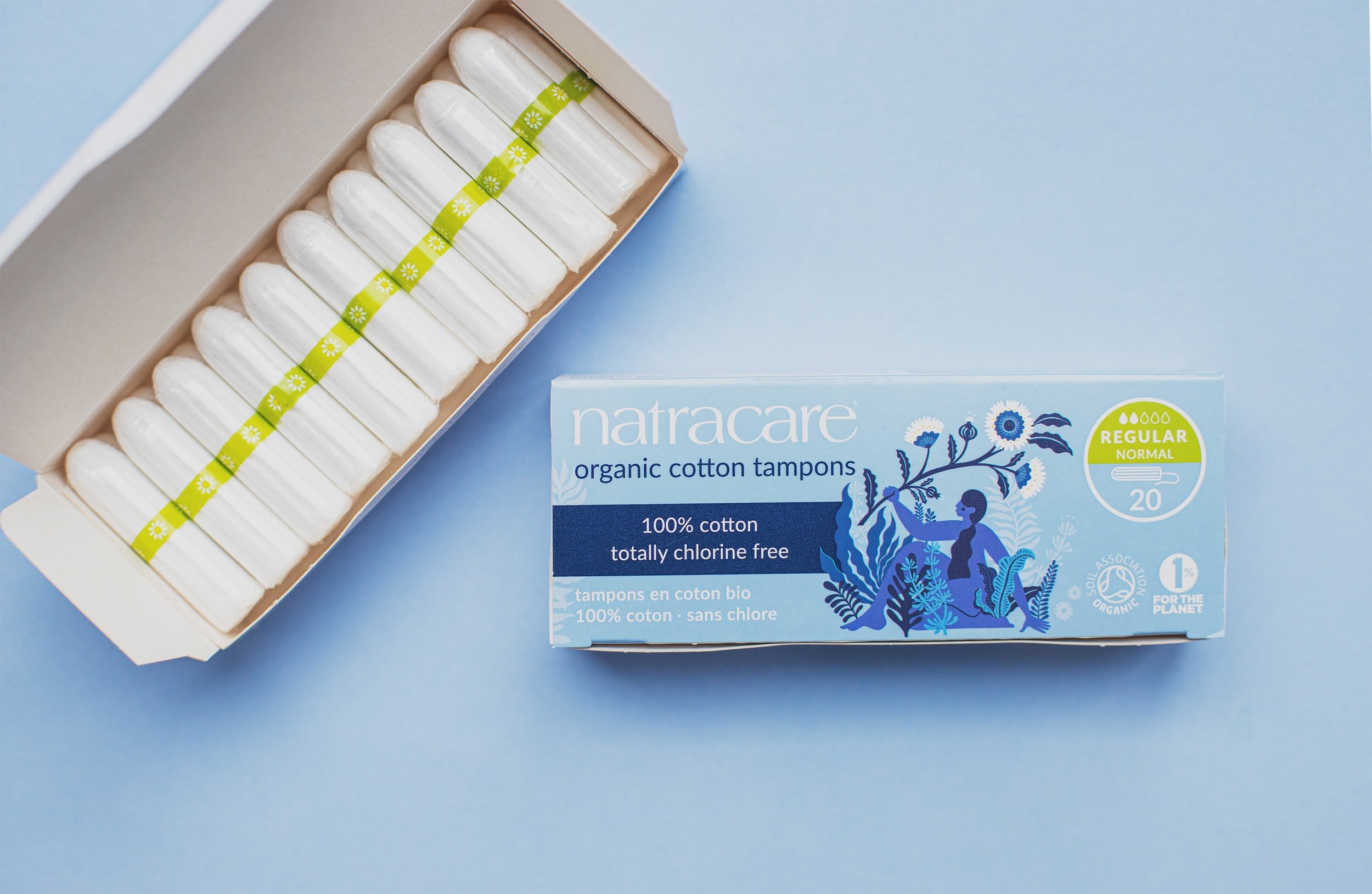Madison Locations To Donate Menstrual Products
By Katie Herrick, Contributing Writer
Periods are not discussed in public spaces as often as they should be. They affect womxn* throughout the community and world, some of whom cannot afford to purchase menstrual products. The Huffington Post estimates that “the average woman endures some 456 total periods over 38 years, or roughly 2,280 days with her period — 6.25 years of her life.” The cost of this adds up. The same article states that womxn will spend upwards of $18,000 on period-related products throughout their lifetime. Several organizations on the UW-Madison campus are fighting to reduce this cost to students and the Madison community. Thanks to ASM, UW now has free products available in three locations on campus; the Red Gym, Helen C. White and Sterling Hall.
Whether you bought a type of product you dislike, are off your period due to birth control or simply have extra pads and tampons, you have the ability to offer your products to those in need. Here are some locations and foundations around campus that accept product donations and additional support. These organizations help students on campus, as well as Madison’s homeless community.
Organization Drives
Several organizations throughout campus have drives to collect menstrual products throughout the year. Look out for posters, Facebook events or word-of-mouth news about these events. Following certain groups on social media, like the Campus Women’s Center, is a great way to get started.
Women’s Shelters
There are several women’s shelters that accept donations for battered or single womxn dealing with homelessness. The Dane County Salvation Army runs the Single Women’s Shelter and the YWCA also provides shelter and other services.
Boys and Girls Club
The Club might keep menstrual products for bathrooms on site or donate them to local high schools, making them more available to students in need. They are often also in need of other donations, which can be found on their wish list.
AHRI
Following a menstrual drive in 2016, the Accessible Reproductive Healthcare Initiative (AHRI) was created as a student organization on campus. They have a drive running throughout this month (March 2018) and do several other drives throughout the year. Check out their Facebook to stay updated.
Homeless Shelters
Many homeless shelters near campus, such as The Beacon and Porchlight, accept menstrual products and monetary donations.
National Organizations
There are several organizations that help womxn on a national and international level. For every box of 100% organic cotton tampons that you buy, Conscious Period donates a box of pads to homeless womxn in the U.S. Cora, on the other hand, donates a month’s supply of pads and health education to girls in need for each month’s supply of products you purchase.
#HappyPeriod
#HappyPeriod provides menstrual products to any person that gets a period and is low-income, homeless or living in poverty. They run donation drives, or you can mail your menstrual products to their headquarters. If you have already opened a package and still want to donate it, this is the company to use.
Womxn all over the world struggle to afford the price of menstruation, which is something out of their control. There are so many ways to help the womxn near you and oceans away.
*Throughout this article I use the term womxn because it is a gender-neutral term. Not all people identifying as womxn have female genitals. Some transgender men in the process of transitioning still have their periods, so to specify menstruation as a “woman” problem excludes a large population of those affected. Using womxn relieves some of this societal pressure.
Sources:
Kane, Jessica. “Here’s How Much A Woman’s Period Will Cost Her Over A Lifetime.” The Huffington Post, 18 May 2015. Web. 26 Apr. 2017.

